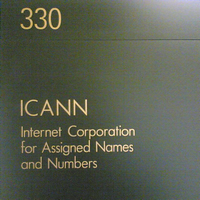The Internet made a major contribution to global society by disrupting the regulation of media content by nation-states. It took the libertarian principle of "absence of prior restraint" and globalized it: No one had to ask for permission, or be licensed, to make their ideas and publications globally accessible. This open access, sometimes praised as "network neutrality" or the "end to end principle," took states by surprise. The explosion of ideas, services and expression associated with the Internet's growth in the mid-1990s happened because states weren't prepared for it and because states weren't in charge.
Yet even if we accept the value of this regulatory breakdown, certain kinds of expression are still considered taboo, and public authorities want to censor them. The flat, global nature of Internet access, however, and the ease with which content hosting can be shifted from one jurisdiction to another, mean that effective prosecution and removal of illegal content can no longer be restricted to one territory. Thus, there is a growing trend for national governments to block access to Web sites (Deibert et al, 2008).
In Internet governance, any concession to states has profound consequences. Once a state interest in restricting access to Internet content is recognized, it leads inexorably away from the globalized access to information that the Internet delivers. And in a state sovereignty framework, no distinctions can be made between liberal-democratic states and authoritarian ones. National laws, no matter their intent, are equally binding within their respective territories. So if one accepts the principle of national sovereignty, one has no choice but to try to force the Internet to abide by all local taboos and regulations.

